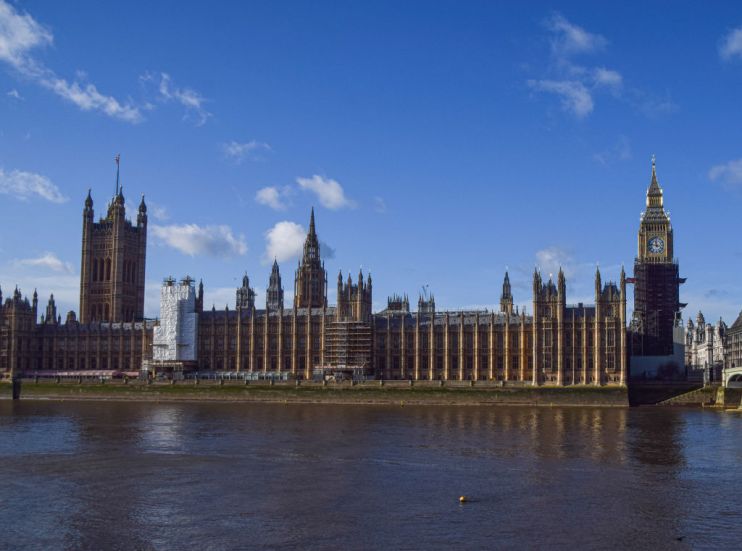Ofgem boss accepts oversight failings of energy sector but defends consumer price cap

Ofgem chief executive Jonathan Brearley has said regulation of the energy industry will need to be “tougher”, following market carnage that has seen dozens of suppliers collapse this winter, directly affecting over four million customers.
Speaking to MPs in today’s session with the Business, Energy and Industrial Strategy (BEIS) Committee, the watchdog chief recognised “regulations need to change.”
He said : “We accept that had we done this sooner it would have been better for customers.”
In particular, he acknowledged Ofgem should have been “more careful” when establishing the financial resilience of smaller suppliers.
The market regulator has recently announced plans to introduce hedging controls and financial stress tests to ensure suppliers are robust enough to deal with future market shocks.
Brearley also suggested the culture around the energy sector has to change and Ofgem will have to work more with consumer groups and networks as well as retailers.
This was particularly the case if higher energy prices were baked into the market and there would be generally less switching from consumers between energy firms.
He explained: “We are going to need to work more closely and collaboratively, in how we shape both our financial regulation and how regulate the sector overall. If we are moving to a sector less reliant on switching to drive up performance and to manage price, then we will need to form a different kind of regulation.”
Regulator announces reforms to the price cap
The session was called to assess the effectiveness of the consumer price cap, amid sustained industry criticism of the safety net.
The energy boss argued the price cap has “protected customers across winter” and made sure “customers are paying no more than they need to for their energy.”
While Brearley attributed the volatility in the energy market to soaring wholesale costs – which increased five-fold over the course of 2021 – the price cap has limited the ability of suppliers to ease their burden, by passing costs on to wealthier consumers.
When Bulb Energy fell into de-facto nationalisation it attributed its demise to the price cap, which limited what it could charge consumers to 70p per therm, even though wholesale prices had risen to £4 per therm last November.
Keith Anderson, chief executive of Scottish Power and Utilita Energy founder Bill Bullen have since called for the price cap to be reformed.
The price cap was first introduced through Parliament, as part of the Domestic Gas and Electricity Act in 2018.
It was an intended safety net for consumers that do not regularly switch and remain on standard or default tariffs.
While the mechanism has sheltered millions of households over recent months from the reality of a market battered by rebounding demand, shortening supplies, and sustained geopolitical volatility, the costs of clearing up the consequent market carnage have been eye-watering.
Investec has warned households could be on the hook for £3.2bn, from both the on-boarding costs involved in the supplier of last resort (SoLR) process and Bulb’s fall from grace.
Consumer choice has also been painfully compromised, with 26 suppliers ceasing trading since September.
Brearley recognised the price cap needed to be reformed, and suggested it should become more “flexible and adaptable in a more volatile energy market overall.”
Ofgem has already announced a set of reforms to the cap,
This includes reducing the window for updating the safety net from six months to three months, and bringing in emergency powers to intervene in the case of future market shocks at an earlier stage.
Commenting on the safety net, Dr Craig Lowrey, senior consultant at Cornwall Insight said: “The cap was never meant to be a permanent solution and today has shown that rather than protecting customers, the impact in the wholesale market over the last 12 months was simply deferred, leading to this significant increase announced today.”